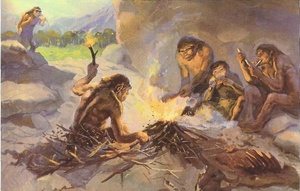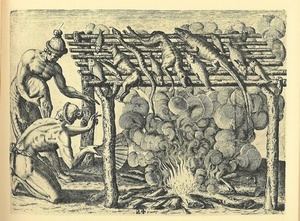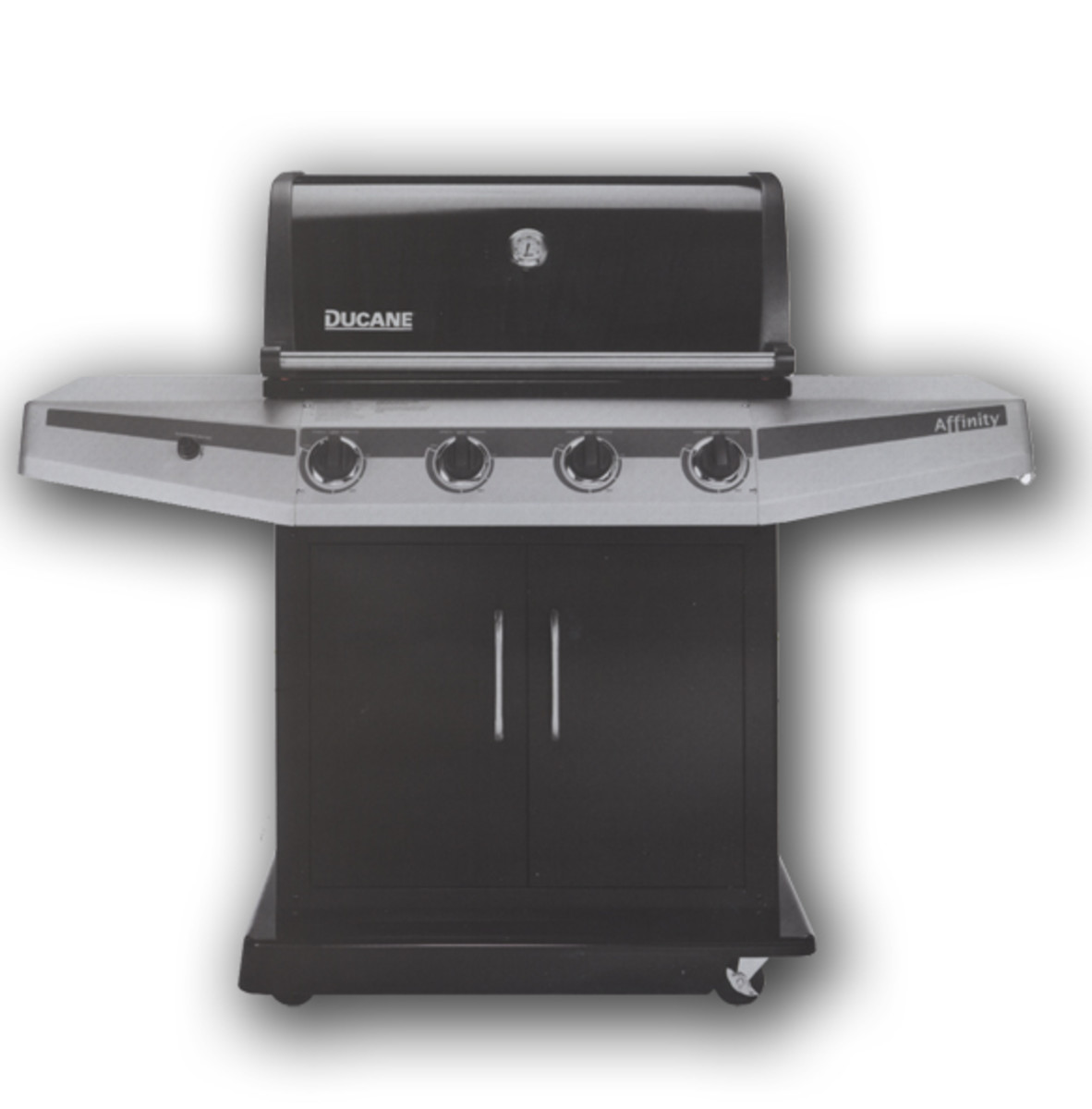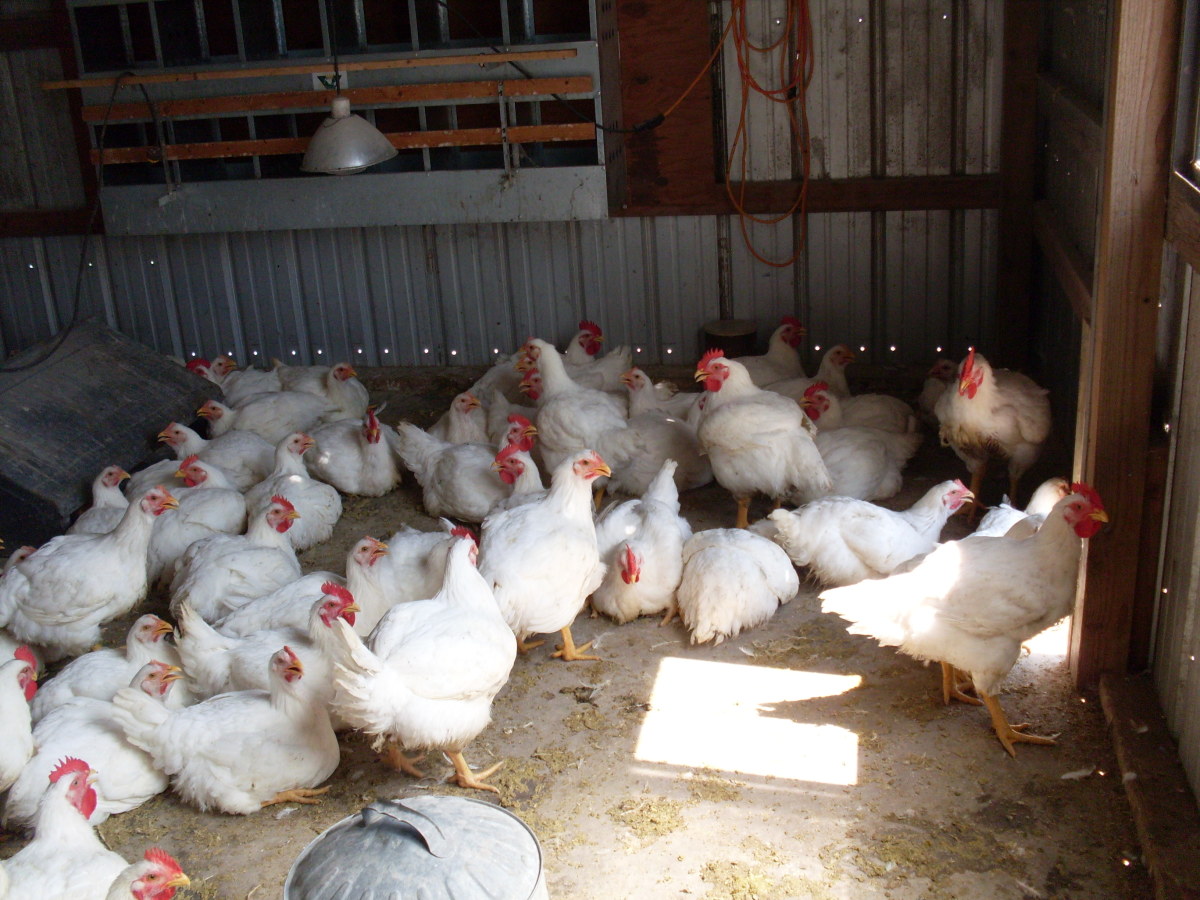The History of American Barbecue: What's In A Name



Summer time is upon us. Everywhere across North America, people are hauling out the barbecue grills. It does not matter whether it is charcoal, propane or electric, it is time to forget the cold months and concentrate on enjoying hot summer days and barbecued food.
Many Canadians and Americans are unaware of the history behind the process. Their current obsession does not involve an understanding of the complexity of what seems to them a simple process. The history of barbecuing is awash with perceptions of what does and does not make a dish “true” barbecue. A wide gap exists between those who barbecue a few fast hot dogs and hamburgers on the weekend and those who grill “Southern style” - slow and carefully smoking it.
However you look at it, barbecuing is not as simple as you would think. The moveable feasts setting up in towns as “Rib Fests” provide some indication of the wide variety of methods and the different approaches. In fact, sometimes the only things the different types of barbecuers have in common are:
- Meat provides the core of the process
- It is a social event
- The fire is generally, no matter what you do, smoky
Otherwise, difference exist on what type of meat in the Deep South, pork is king. In the North and in Canada, almost anything goes. Whether you use beef, chicken, mutton or pork depends upon location, culture and, of course, the barbecue history in your region.
Early Barbecues
Barbecues have been around since the early periods of humans. In prehistoric times, barbecues were a natural outcome of the human condition. Biblical sources also provide some data on how people barbecued. In fact, if you adhere to the definition that barbecuing is “roasting-meat-slowly-over-a-fire,” most global civilizations at one time or another barbecued their food.
European history contains clear depictions of people roasting their food over some form of fire pit. Fireplaces in draughty castles and meat turned over spits in front of small huts are found throughout the history of many countries. Throughout Europe, in Africa and Asia, among the early dwellers and settlers of North and South America, “barbecuing” was the norm not the exception. In North America, however, the process has become almost a “cult.”
Defining New World Barbecue
The term “barbecue,” as applied to the New World, has several possible, proposed origins. No single claim is definitive, but many are less plausible. Some, in fact, are definitely “off-the-wall.” In defining the word/term, support is solicited from semantics, etymology and even mythology. Among the most common origins of the word are the following:
- Caribbean Native Roots: The most commonly accepted theory states the origin of the word is West Indian. It comes from the word "barbacoa." This native word described the method of cooking meat. It indicates a slow process involving meat laid on wooden planks over hot coals. The Spanish explorers used the word to describe the method.
- Guyana Natives: Bon Appétit, a food magazine, contained an article in which the author made an interesting claim. He states the word was used by a now extinct tribe living in Guyana. The natives, apparently, enjoyed "cheerfully spitroasting captured enemies."
- French origins: The word is said to come from a French phrase According to barbe a queue, meaning "from head to tail." Supporters of this theory cite as support those barbecuers who roast the complete animal. This, according to word smiths and scholars is completely ludicrous.
- Nineteenth Century Americanism: One specific magazine, Tar Heel, believes the origins of the word are much later than previously provided. Citing R. F. Moss, notes that supporters state the term arose as the result of a 19th century advertisement. The ad was created for a purveyor of whiskey, beer, pool and roast pig. The establishment was known as the BAR-BEER-CUE-PIG. Moss indicates the fallacy of this belief. It clearly ignores the use of the term in the centuries prior to the existence of this establishment and its advertisement.
Conclusion
While the origins of the word remain debatable, it is most likely the term does come from the West Indian word - barbacoa. The practice, however, has never been restricted to one particular place, culture or climate. Throughout prehistory and history, humans have cooked their meat – and vegetables, over a slow fire. They have roasted different meat to achieve the same result – a meal.
For groups and as individuals, barbecuing has been a common practice around the world. Over the years, it has evolved to refer to a specific type of activity that is pleasurable and social. The next part of the series will look at barbecue as it has grown in the United States.
Sources:
Barbecue History. www.amazingribs.com/BBQ_articles/barbecue_history.html.
History of Barbecue in the Southern States. http://xroads.virginia.edu/~CLASS/MA95/dove/history.htm.
McWilliams, Mark. The Story Behind the Dish. Classic American Foods. Santa Barbara, Cal: Greenwood, 2012.
Moss, Robert F. Barbecue The History of an American Institution. Tuscaloosa: University of Alabama Press, 2010.
Opie, Frederick Douglass. Hog & Hominy. Soul Food from Africa to America. New York: Columbia University Press, 2008.
Reference Guide. http://www.loc.gov/rr/scitech/SciRefGuides/bbqhistory.html









